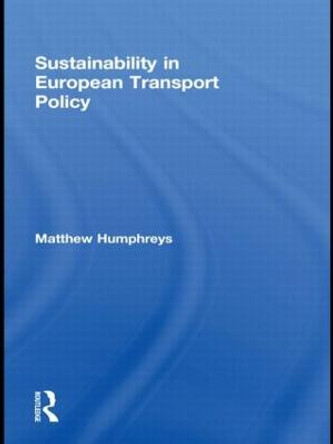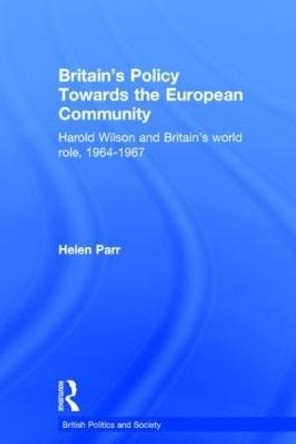'In 1958, Britain and Denmark both advocated closer European cooperation through the looser framework of the Free Trade Area (FTA) rather than membership of the nascent European Economic Community (EEC). By 1972, however, the situation had changed drastically. The FTA was a long-forgotten concept. Its replacement, the European Free Trade Association (EFTA), seemed economically and politically inept. Now, at the third time of asking, both countries were on the verge of joining the EEC as full members. This compelling analysis compares how the European policies of the British Labour Party and the Danish Social Democrats evolved amid this environment. Based on material from 12 archives in four countries, it updates our knowledge of key moments in both parties' interaction with the integration story, including in the formative stages of the EEC in 1958-60 and the negotiations for British and Danish EEC membership in 1961-63, 1967 and 1970-72. More innovatively, this book argues that amid an array of national and international constraints the reciprocal influence exerted by Labour and the SD on each other via informal party contacts was itself a crucial determinant in European policymaking. In so doing, it sheds light on the sources of Labour European thinking, the role of small states like Denmark in the integration process, and the prominence of the Anglo-Scandinavian nexus in the broader narrative of British foreign policy in this period.'
About the AuthorMatthew Broad is an EU-funded Marie Sklodowska-Curie Individual Fellow in the Department of Philosophy, Contemporary History and Political Science at the University of Turku, Finland.
ReviewsReviews 'Clearly written, logically structured and underpinned by an impressive base of archival material, this is a strong comparative analysis of British Labour and the Danish Social Democrats.'
Dr Paul Corthorn, Queen's University Belfast
'The book is an impressive piece of scholarship, using a broad range of secondary sources in English and the Scandinavian languages as well as a few in French and German. Its anchoring in primary sources is exemplary. The author has trekked not just to the obvious archives in Britain and Copenhagen, but even to Amsterdam and Oslo in pursuit of his project.'
European History Quarterly'Broad's book is a fine accomplishment which sets an example on how government centred analysis can be hugely enriched by supplementing it with a transnational approach that moves beyond and below the state level - and still helps us to understand government agency.'
Thorsten Borring Olesen,
Journal of European Integration HistoryBook InformationISBN 9781800857131
Author Matthew BroadFormat Paperback
Page Count 304
Imprint Liverpool University PressPublisher Liverpool University Press






